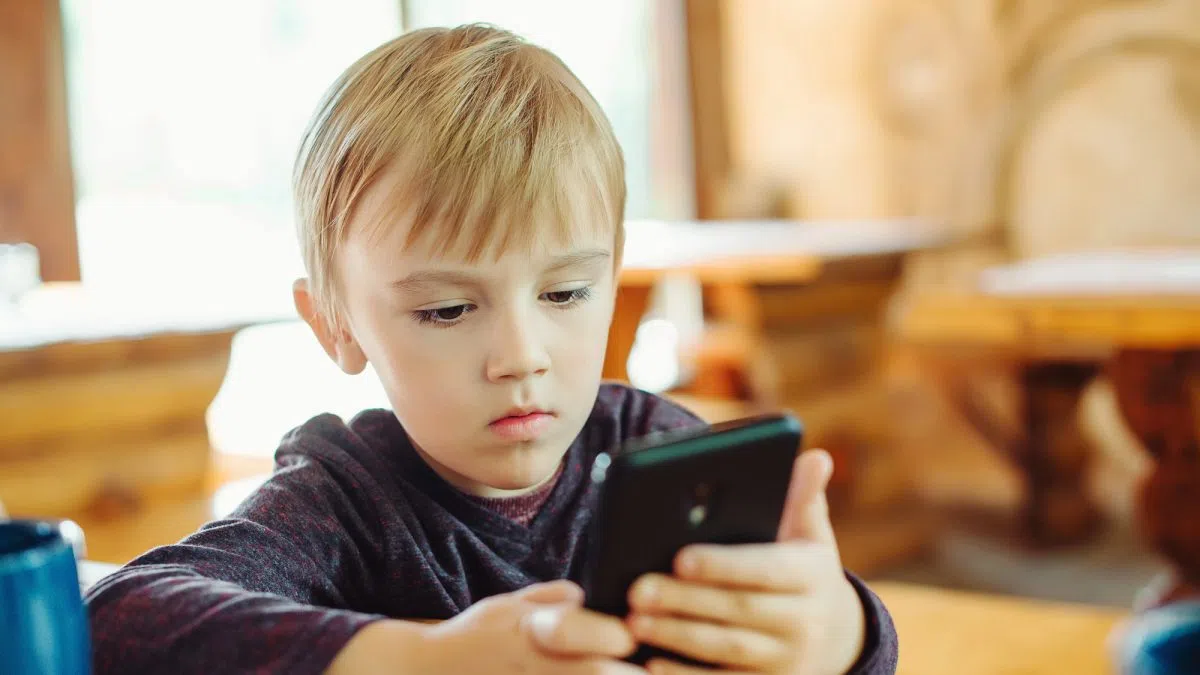Midlands school districts are moving forward with more restrictions on when and how students can use their cell phones in school, in line with a new state mandate.
Lexington 1 is considering a new policy that will go into effect Jan. 1 for 27,000 students in the central part of Lexington County. The measure would impose a new requirement that students not be able to access their cell phones for the entirety of the school day, in line with new directions for all South Carolina schools from the state Department of Education that take effect next year.
The new policy will forbid Lexington 1 students to access their cell phones or other digital devices while at school, in or out of class. But administrators assured members of the board on Oct. 22 that there will be exceptions to the rule. Students can whip out their phones when instructed by a teacher for a lesson, and some students will be able to continue to use their phones under special education plans as an anxiety-assistance tool.
But that could be an issue in class, said board member Chris Rice, when some students in a class are allowed to use their phones and others aren’t, and teachers aren’t allowed to disclose who has or doesn’t have such a plan.
“That puts teachers in a bind,” Rice said.
This Monday, Lexington-Richland 5 gave final approval to its new cell phone policy for schools in the Chapin and Irmo area. That policy requires the district’s more than 17,000 students to put away any device capable of receiving internet, WiFi or mobile phone signals or that can “captures images or video.” But it will be up to individual students to switch off their devices, rather than the school district actively confiscating them.
The policy also relaxes phone restrictions at school-sponsored athletic events and when students are on the school bus.
Bus drivers are usually in favor of students having their phones out, Lexington-Richland 5 board member Catherine Huddle said.
“If kids’ noses are in their phones then they aren’t misbehaving,” Huddle said, although she worried about the possibility of bullying on the bus if phones can be used there.
In unveiling guidelines last August, the state Department of Education said the move was intended to solve discipline and mental health issues tied to cellphone use, especially cyberbullying and online harassment directed at students.
In Lexington 1, board member Rice was skeptical that a school-day ban would accomplish that goal.
“If you can’t be bullied on TikTok during the day, they’ll just wait until 4 o’clock to do it,” he said.
Some board members were concerned about how the new rule would be enforced, and whether administrators could ensure any punishment was uniform across the district.
“They’re losing out on instruction time on their phone, so we’re going to stick them in (an in-school suspension) for a day to lose more,” said board member Kathy Henson.
Students will be punished on an escalating scale, from a verbal warning to detention up to expulsion, depending on their number of offenses, the board was told.
Some parents are also dissatisfied with the new rule because they want to be able to communicate with their child during an emergency.
“I think we need to make it clear if there is some kind of active shooter situation or a massive emergency going on, they are allowed to power their phone on,” said board member Katie McCown.
But whatever parents, students or school board members think of the cell phone ban — and though the details might be up to individual districts — Superintendent Gerrita Postlewait told the Lexington 1 board that the state would require that students’ phones be switched off during the school day.
“Regardless of our personal feelings, it’s the law for right now,” Postlewait said.


